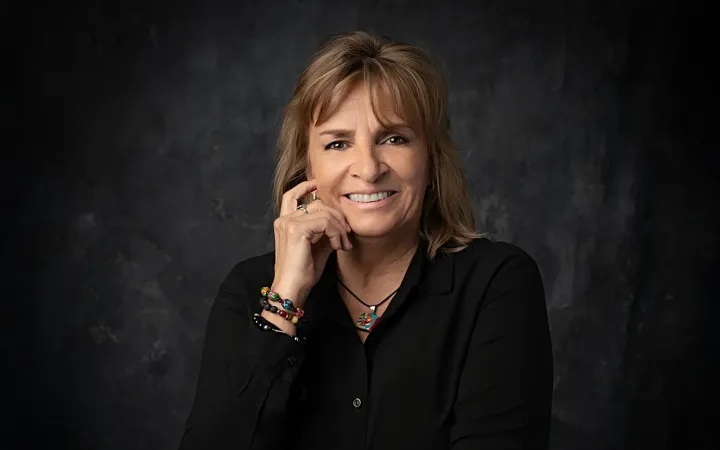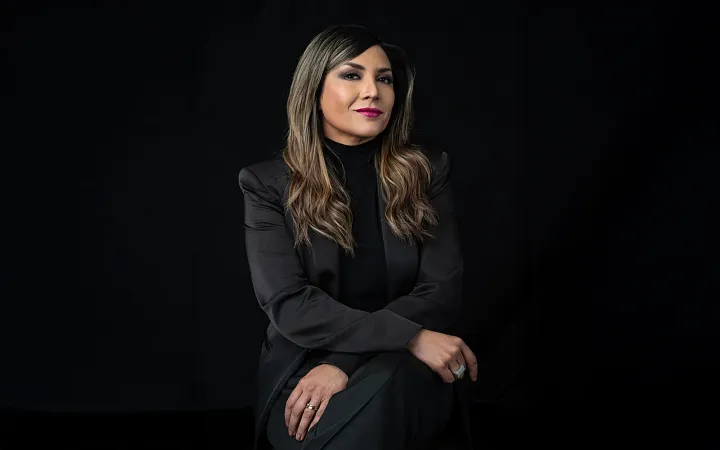Por Claudia Pérez Atamoros
Y ahora qué, ¿no voto?
Sencillamente no puedo dejar de hacerlo. Debo emitir mi voto. Lo haré. Lo que no sé aún es si me convenza la información que logre obtener (https://candidaturaspoderjudicial.ine.mx/) y me alcance el conocimiento para votar por quienes aparezcan en esas boletas y tengan los tamaños para equilibrar, por ejemplo, una Corte en la que estarán tres de las menos ejemplares mujeres juristas. No crean que no lo sé. Dan pena y no ajena. De no lograrlo, los voy a botar a todes. Anularé mi voto.
No voy a sumarme a los abstencionistas. No voy a darle la espalda a esas mujeres que durante décadas lucharon desde sus trincheras para que las mujeres fuésemos consideradas con pleno derecho a votar. Hay absurdos que duelen más que la injusticia: la necedad cómoda, la apatía disfrazada de escepticismo, el “no sirve de nada” como escudo para no ejercer el derecho más caro que alguna vez tuvimos que conquistar. Hoy quiero hablar de eso: de la absurda necedad de no votar, especialmente entre nosotras, las mujeres.
Vota. Te convoco a que lo hagas. Si crees que está planchada está elección, hazlo con mayor razón. Si te da “flojerita” analizar los perfiles porque no sabes siquiera cómo o en dónde informarte, acude a las urnas, anula tu voto, pero ¡por favor! no anules un derecho que costó tanto lograr.
No se trata de un sermón ni nada por el estilo. Se trata de memoria.
México fue el último país de América Latina en reconocer el voto femenino. No por falta de mujeres brillantes, luchadoras o comprometidas —las hubo, las hay, las habrá— sino porque el Estado y la sociedad les negaron, década tras década, la calidad de ciudadanas.
El voto de la mujer mexicana no fue una concesión graciosa de los gobiernos del siglo XX. Fue la consecuencia de voces valientes como las de Elvia Carrillo Puerto, Hermila Galindo o Gloria Salas de Calderón, mujeres que alzaron la voz cuando hacerlo costaba el estigma, el desprecio, incluso la muerte civil.
Tuvieron que escribir, marchar, organizar congresos, publicar sus ideas, ocupar tribunas hechas para callarlas. Nos abrieron la puerta del voto con las manos ensangrentadas de tanto empujar la historia.
En 1916 se celebró en Mérida el Primer Congreso Feminista, un momento clave que formalizó demandas como el derecho al voto, a la educación y a la igualdad laboral. Pese a los avances discursivos en la Constitución de 1917, el sufragio femenino fue sistemáticamente postergado.
Como si estuviera ahí presente, en primera fila, escucho y veo a Elvira Vargas, pionera del periodismo mexicano; con su expresión de desencanto y su voz con absoluto tono de hartazgo.
— Disculpe, Elvira, ¿hoy no me preguntará por el voto de las mujeres? pregunta el general Lázaro Cárdenas —¡Para qué, señor presidente!, es un tema en el que no se ha querido arriesgar a tomar una decisión, contestó la interpelada.
Un dos tres por ti y por todas las que lograron el derecho al voto.
Y ahora, ¿qué hacemos nosotras? ¿Nos rendimos al cinismo? ¿Nos sentamos a mirar cómo otros deciden nuestro presente y nuestro futuro? ¿De verdad vamos a permitir que su lucha termine en una abstención?
El derecho a votar también incluye el derecho a anular. Sí. Votar no es siempre elegir. A veces, votar es acudir a las urnas y botar. Anular tu boleta conscientemente, como un grito de hartazgo que sí queda registrado. Porque no es lo mismo no ir que ir a decir “¡basta!”. No es lo mismo quedarse en casa que caminar con decisión a ejercer un derecho que fue arrancado a la historia con dolor, rabia y convicción.
Este año, las elecciones para cargos del Poder Judicial nos interpelan de manera distinta. Son las elecciones que pueden redibujar el equilibrio de los poderes, el acceso a la justicia, los contrapesos. Son elecciones donde el voto vale más de lo que creemos… incluso si decidimos no entregárselo a nadie.
Anular es legítimo. Pero no acudir, no votar, no manifestarte, es como escupir sobre las tumbas de quienes lucharon por ese derecho.
Suscríbete para leer la columna completa….




